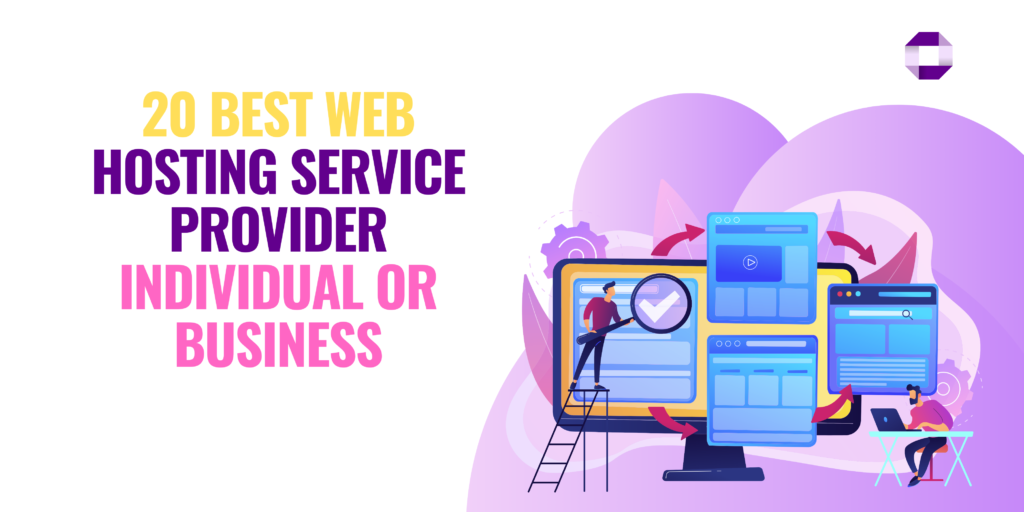In today’s digital world, having a robust content management system (CMS) is vital for anyone looking to create and manage a website. Whether you’re a blogger, a small business owner, or part of a larger enterprise, a reliable CMS can streamline your processes, enhance your site’s performance, and help you engage with your audience better. In this post, we’ll explore the 10 best CMS options available in 2023, complete with reviews to help you choose the perfect fit for your needs.
1. WordPress
Overview:
WordPress is the most widely used CMS globally, powering over 40% of all websites. It’s user-friendly and versatile, making it suitable for blogs, portfolios, and even e-commerce sites.
Pros:
- Extensive plugin ecosystem
- A vast array of themes and templates
- SEO-friendly with built-in tools
Cons:
- Requires regular updates and maintenance
- Security can be a concern without proper measures
Get started with Bluehost for your WordPress site!
2. Shopify
Overview:
Shopify is a dedicated e-commerce platform designed for online stores. It’s easy to set up and offers everything you need to sell online, from product management to payment processing.
Pros:
- User-friendly interface
- Excellent customer support
- Integrated payment gateways
Cons:
- Limited customization for advanced users
- Transaction fees for non-Shopify payments
Start your store today with Shopify!
3. Joomla!
Overview:
Joomla! is a powerful and flexible CMS that offers more technical features right out of the box compared to WordPress. It’s suitable for building complex websites and applications.
Pros:
- More customizable functionality
- Strong user management options
- Multilingual support
Cons:
- Steeper learning curve
- Fewer plugins and themes compared to WordPress
Explore hosting options for Joomla! on SiteGround!
4. Drupal
Overview:
Drupal is an open-source CMS known for its flexibility and security. It’s ideal for more complex applications and websites with high traffic.
Pros:
- Excellent security features
- Highly customizable with modules
- Strong community support
Cons:
- Complex and requires technical knowledge
- Can be overkill for simple sites
Get hosting for your Drupal site with A2 Hosting!
5. Wix
Overview:
Wix is a website builder with a drag-and-drop interface, catering mainly to small business owners and individuals looking to create simple websites quickly.
Pros:
- User-friendly and intuitive
- No coding skills required
- Great template options
Cons:
- Limited SEO capabilities
- Less flexibility compared to other CMSs
Try Wix for free and upgrade to a premium plan!
6. Squarespace
Overview:
Squarespace is another website builder known for its stunning designs and visually appealing templates, making it perfect for creative professionals.
Pros:
- Beautiful, responsive templates
- Strong e-commerce features
- Integrated analytics
Cons:
- Less control over customization
- Higher pricing compared to other options
Save on Squarespace with our exclusive discount!
7. Magento
Overview:
Magento is a powerful e-commerce platform suited for growing businesses. It’s highly customizable and capable of handling large inventories and high traffic.
Pros:
- Robust e-commerce features
- Great for large businesses
- Extensive customization options
Cons:
- Requires technical knowledge
- Can be resource-intensive
Magento hosting with Nexcess for superior performance!
8. Typo3
Overview:
Typo3 is an enterprise-level CMS that excels in managing complex websites. It’s open-source and offers extensive features, especially suited for large organizations.
Pros:
- Suitable for complex and multilingual sites
- Customizable with extensions
- Strong user permissions management
Cons:
- High learning curve
- May be overkill for small websites
Find suitable hosting for your Typo3 project!
9. Ghost
Overview:
Ghost is a modern CMS designed for writers and content creators. It’s particularly great for blogging, focusing on publishing and content management.
Pros:
- Clean and minimalist interface
- Fast performance and SEO-friendly
- Built-in membership and subscription options
Cons:
- Limited themes and plugins
- Requires some technical knowledge for self-hosting
Launch your Ghost site effortlessly with DigitalOcean!
10. Weebly
Overview:
Weebly offers an easy way to create websites, particularly for small business owners and online stores. Its drag-and-drop feature makes website building simple.
Pros:
- User-friendly
- Integrated e-commerce tools
- Free plan available
Cons:
- Limited customization options
- Less robust e-commerce features compared to Shopify
Get started with Weebly and explore premium features!
Conclusion
Choosing the right CMS for your website is crucial for achieving your online goals, whether they involve blogging, e-commerce, or building an informational site. Each CMS has unique strengths and weaknesses, making it essential to consider your specific needs and technical skills before making a decision. By leveraging the affiliate links provided, you can explore hosting options and get started with these platforms today.
Happy website building!


